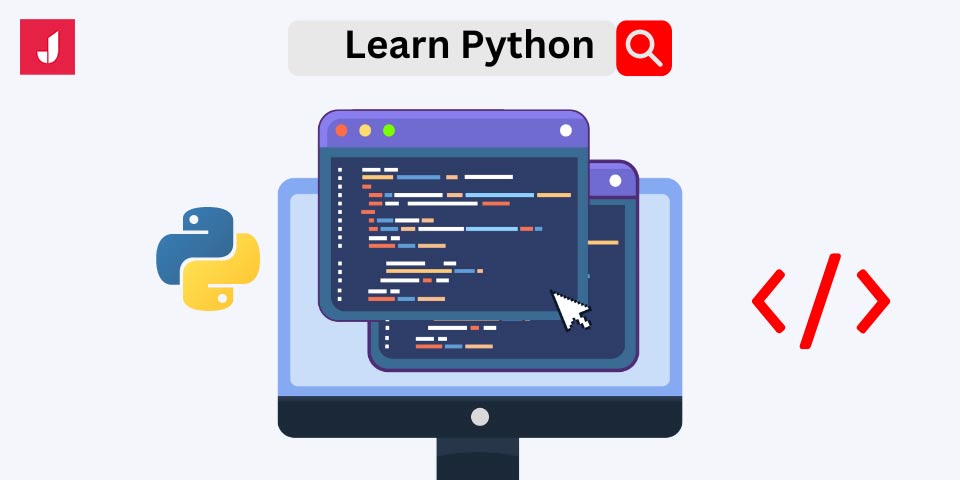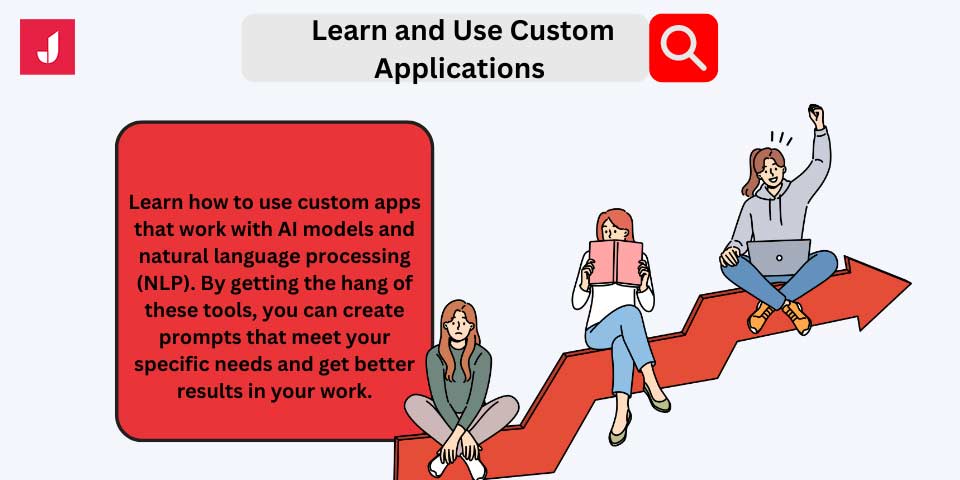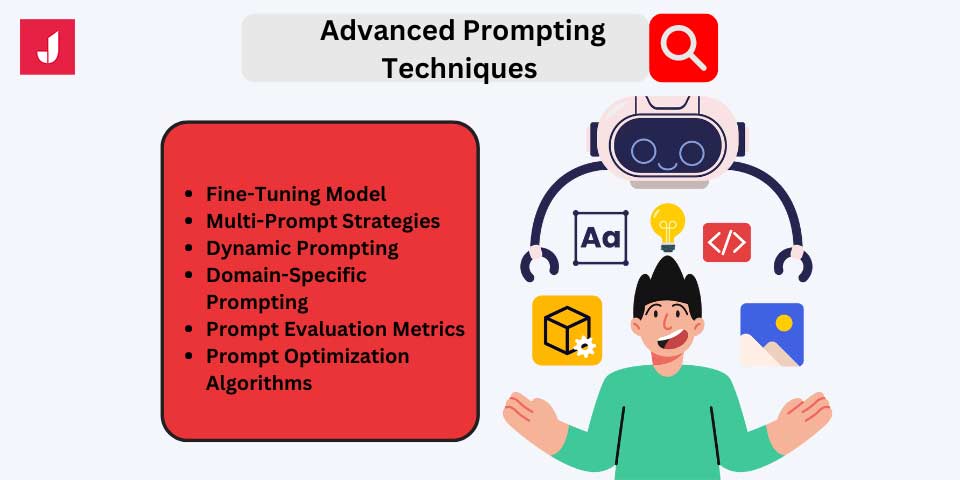The race, which started with OpenAI’s launch of ChatGPT, is improving day by day. The success of artificial intelligence has increased with Microsoft integrating ChatGPT and DALL-E into Bing, Google announcing its artificial intelligence-based chat robot Bard, and finally, Github Copilot X, which can write code, joining the bandwagon. While technology giants are mobilizing their resources for artificial intelligence systems, prompt engineering has also had its share of these developments. So, how to become a prompt engineer?
Table of Contents
What Is a Prompt Engineer?
A prompt engineer is someone who designs or creates prompts. These prompts are like instructions or questions given to a computer program or AI system to generate specific responses or outputs. In simpler terms, a prompt engineer makes the guidelines that tell AI what to do or what to produce. You can also check the advantages and disadvantages of AI here!
What Does a Prompt Engineer Do?
Prompt engineering is the discipline of iteratively figuring out how best to instruct the model for a desired output from AI tools. Prompt engineers prompt the requested tasks by providing the necessary information and context in a way that the artificial intelligence model can best understand. These commands can be constraints to provide resources on a specific topic, to use a specific language (speech and programming language) to direct the output of the model, or to shape the result.
How to Become a Prompt Engineer
The path to becoming a prompt engineer involves acquiring a strong foundation in computer science, gaining expertise in artificial intelligence and natural language processing, and honing skills in prompt design through practical experience and continuous learning. You don’t need a degree to be a prompt engineer. Instead, you can take certification courses, work on real projects, and keep learning.
Learn Fundamentals
Prompt engineers benefit from knowing Python programming. Python helps in quickly learning NLP and deep learning models. While prompt engineers may not construct entire language models independently, certain well-paid positions may require analyzing data generated by language models to enhance them. Python is particularly useful for managing and processing data in these roles.
Understand the Basics of AI
To become a prompt engineer, start by grasping the fundamentals of AI. This includes understanding how AI systems function, their applications, and their impact. Delve into topics like machine learning, natural language processing (NLP), and deep learning. Familiarize yourself with key AI concepts such as neural networks, algorithms, and model training. Developing this foundational knowledge will provide a solid framework for your role as a prompt engineer. Don’t forget to check the 10 AI tools for developers!

Learn Python
Python is widely used in AI development and is particularly valuable for prompt engineering due to its versatility and ease of use. Start by mastering the basics of Python syntax, data structures, and functions. Then, progress to more advanced topics such as object-oriented programming and libraries commonly used in AI, such as TensorFlow and PyTorch.
Learn about NLP
learn about Natural Language Processing (NLP). NLP is about teaching computers to understand and generate human language. Study basic NLP concepts like tokenization and text classification. Gain hands-on experience through projects to design effective prompts using NLP techniques.
Develop Practical Skills
To excel as a prompt engineer, practical experience in specific technical skills is crucial, even if you don’t have a degree. Let’s go into the languages and techniques essential for prompt engineering.
Hands-on with Pre-Trained Models
Prompt engineers dedicate a significant portion of their time to working with pre-trained models, which serve as the foundation for AI models extensively trained on vast amounts of data. This marks the initial phase in constructing any large language model. To excel in prompt engineering, it’s essential to become acquainted with established pre-trained models like GPT-2, GPT-3, BERT, and others.
Experiment with various prompts to observe their responses, comprehend their text-generation capabilities, and identify any limitations. Furthermore, grasp the parameters upon which these models are trained. Occasionally, you may need to adjust their hyperparameters to attain desired outcomes.

Learn and Use Custom Applications
it’s important to learn and utilize custom applications. These applications are tailored to specific needs or tasks and can greatly enhance your ability to generate effective prompts. Explore and understand how to use custom applications that integrate with AI models and natural language processing (NLP) techniques. By mastering these tools, you’ll be able to create prompts that are tailored to your specific requirements and achieve better results in your prompt engineering endeavors.
Prompt Engineering Techniques
Prompt engineering involves various techniques aimed at crafting effective prompts for AI systems. Some key prompt engineering techniques are listed below:
Prompt Crafting
Prompt engineering is about telling AI models what to do. You give them instructions and adjust them to get the answers you want. Prompt engineers make sure these instructions are clear and tweak them if needed to get the right results. They need to be good at writing to do this well. A useful tip is to give the AI context and instructions in the prompts. But to be good at prompt engineering, you have to learn advanced techniques. These techniques help prompt engineers to make AI models work even better.
Advanced Prompting Techniques
Advanced prompting techniques in prompt engineering involve sophisticated methods to optimize the performance of AI models and generate more accurate and relevant outputs. These techniques go beyond basic prompt crafting; check the list below:

- Fine-Tuning Models: Adjusting the parameters and hyperparameters of AI models to improve their responsiveness to specific prompts and tasks.
- Multi-Prompt Strategies: Using multiple prompts in combination to elicit diverse responses or fine-tune the output of AI models.
- Dynamic Prompting: Adapting prompts dynamically based on the model’s responses or user feedback to achieve better results over time.
- Domain-Specific Prompting: Tailoring prompts to specific domains or tasks to enhance the relevance and accuracy of AI-generated outputs.
- Prompt Evaluation Metrics: Developing metrics and methodologies to evaluate the effectiveness of prompts objectively and measure the quality of AI model responses.
- Prompt Optimization Algorithms: Implementing algorithms automatically optimizing prompts based on predefined objectives or user preferences.
Mastering Prompt Engineering: AI Success
Becoming a prompt engineer is an exciting journey full of opportunities. This guide covers everything you need to get started, from learning the basics of programming and natural language processing to mastering advanced techniques for creating effective prompts. You can become an expert in this field by taking prompt engineer certification courses, working on real projects, and always learning. As a prompt engineer, you’ll play a vital role in helping AI models produce accurate and useful results, shaping the future of technology. With dedication and a passion for learning, you can build a fulfilling career as a prompt engineer and make a real difference in the world of artificial intelligence.




No comments to show.